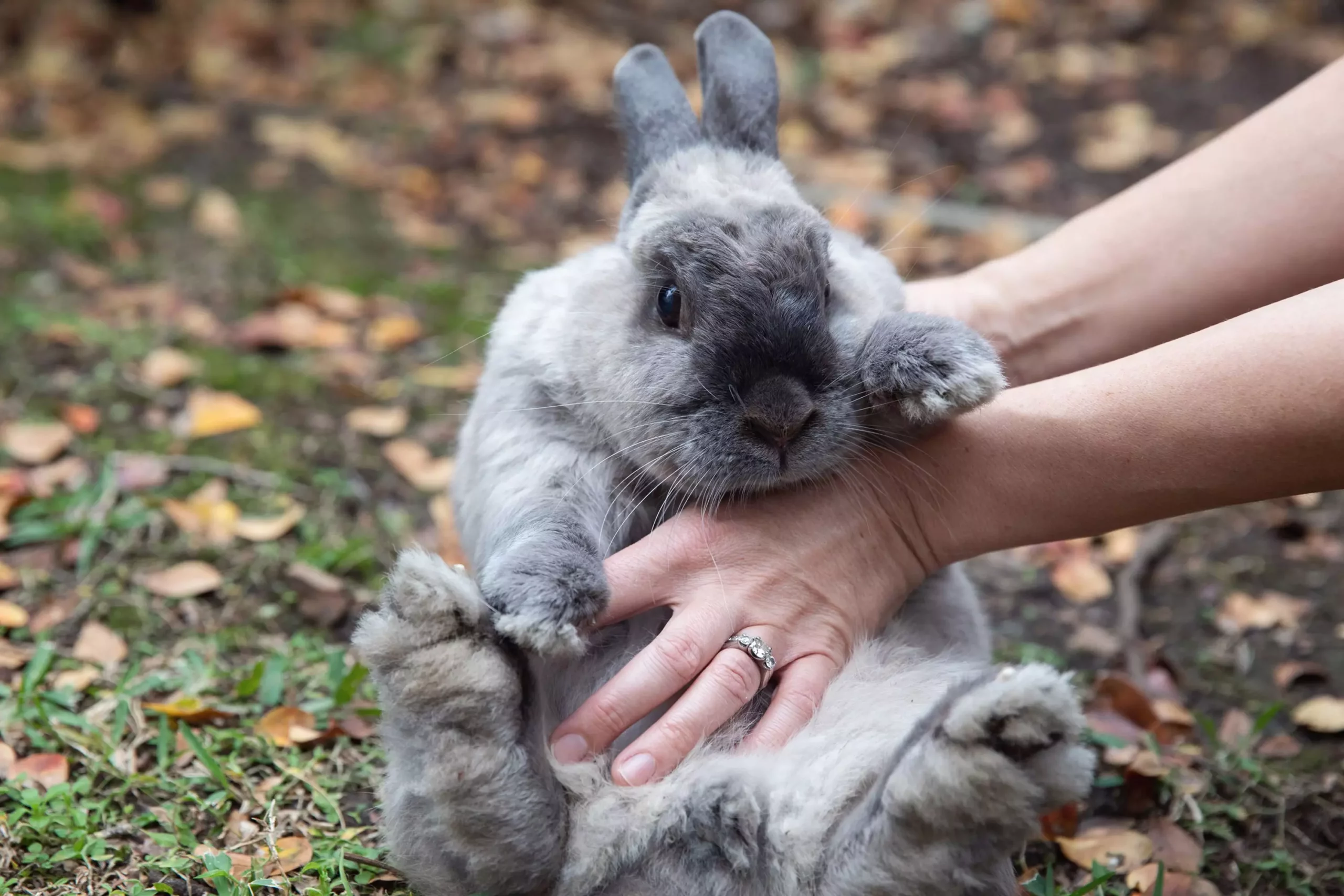Bringing a pet rabbit into your home can be an exciting and fulfilling experience. However, many prospective bunny owners overlook the financial commitment that comes with this fluffy companion. Rabbits have a lifespan of 8 to 10 years and sometimes even longer, which means potential owners need to consider both the initial costs and ongoing expenses associated with rabbit care. Here, we delve into the various factors influencing the cost of owning a pet rabbit, from purchase price to long-term care.
Before you can welcome a rabbit into your family, you must first consider the upfront expenses. The purchase price of a rabbit can vary significantly depending on several factors: the source, breed, and the breeder’s reputation. For example, adopting a rabbit from a rescue organization or a local 4-H club can usually cost between $5 and $20. In contrast, purchasing from a pet store might set you back $20 to $40. If you opt for a specific breed from a breeder, prices can leap to anywhere between $50 and $100, especially for rarer breeds or show-quality rabbits.
Once you’ve made your rabbit purchase, setting up a safe and comfortable living environment is essential. If you’re planning on keeping your rabbit indoors, you can expect to spend about $50 to $100 on an appropriate cage. However, if you decide to house your rabbit outdoors, a sturdy hutch will cost you between $150 to $200, unless you’re resourceful enough to build one yourself. Each type of housing comes with its own requirements and considerations, making your choice crucial to your rabbit’s wellbeing.
After the initial investment, ongoing care to ensure your rabbit’s health is paramount. Every month, you should budget approximately $40 for essentials such as bedding, hay, fresh vegetables, and special treats. The total of this monthly expense can fluctuate based on your purchasing decisions—buying in bulk, for instance, can reduce costs significantly. Furthermore, you may choose to provide organic produce, which could elevate your monthly spending.
Apart from standard supplies, maintaining your rabbit’s health should be a priority. Neutering or spaying your rabbit is a responsible choice that helps avoid various health complications and behavioral issues later on. Veterinary bills for such a procedure can range from $125 to $250. Additionally, regular check-ups with an exotic pet veterinarian should be scheduled annually, adding another expense that usually falls between $35 to $65.
Unexpected health issues can arise during your rabbit’s lifetime. One common health problem is gastrointestinal stasis, also known as ileus, which usually requires veterinary attention and can generate costs of several hundred dollars for diagnostics and treatment. Investing in pet insurance for your rabbit could be a wise decision, even though currently, such plans are predominantly offered by VPI Pet Insurance its availability might change in the future.
While not every rabbit owner will face a significant health crisis, it’s important to be prepared for potential expenses as your pet ages. Your rabbit may require specialized treatments, regular dental care, or may even become ill suddenly, leading to unpredictable costs.
Beyond the primary expenses of food and veterinary care, owners must watch for other costs that can arise. If you travel frequently, you might need to think about boarding services or arranging for someone to care for your rabbit while you’re away. Grooming can also be a necessary expense, especially for rabbits prone to matting or those that require regular nail trimming.
Moreover, rabbits are known for their, sometimes destructive, tendencies. If your living space isn’t rabbit-proofed, be prepared for potential damages to furniture, carpets, or wires. Replacing items chewed by your curious pet can add to your monthly expenses, leading to a financial burden that many new owners might not anticipate.
The reality is that owning a rabbit is not a short-term responsibility. With an expected lifespan of around a decade, owning a bunny is a long-term commitment that requires sufficient financial planning and preparation. It’s crucial to establish how long you are prepared to care for your pet and to budget not just for the delightful beginning but also for the years of love and companionship that follow.
The journey of pet parenthood with a rabbit is rewarding but demands thorough financial consideration. By understanding the costs involved—from initial expenses to lifelong medical care—you’ll be well prepared to give your bunny the happy, healthy life it deserves.


Leave a Reply